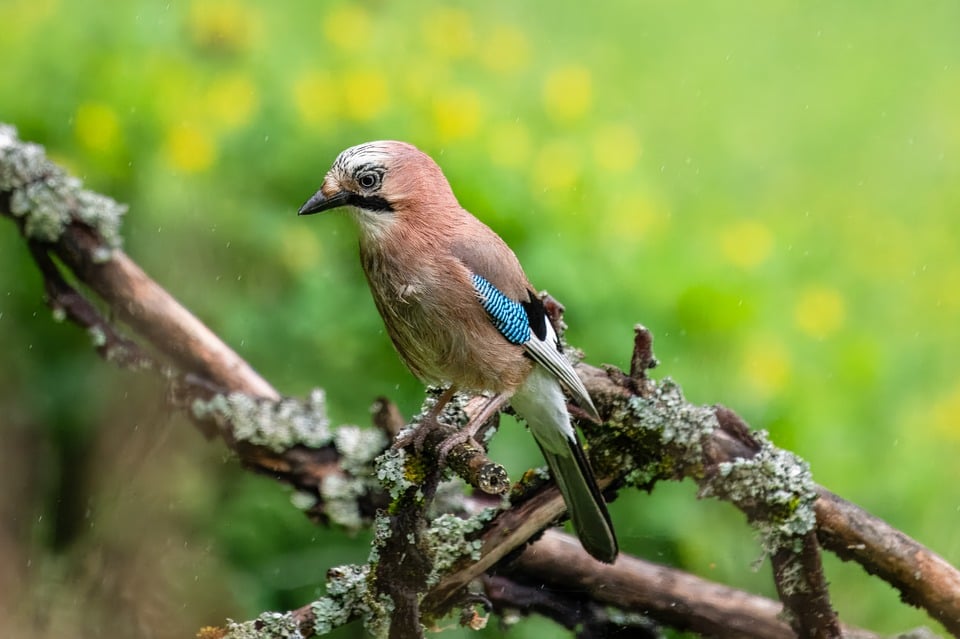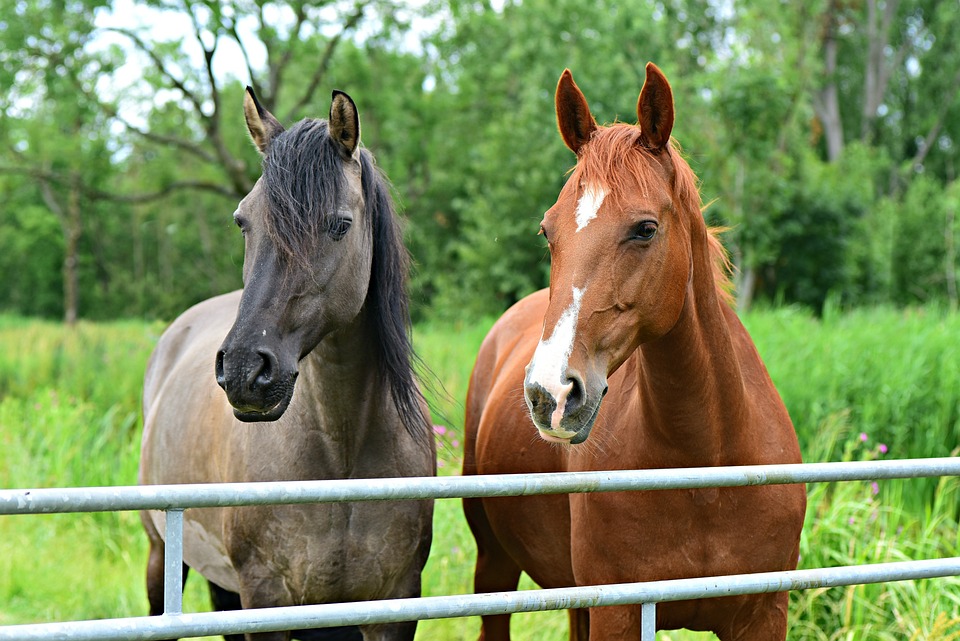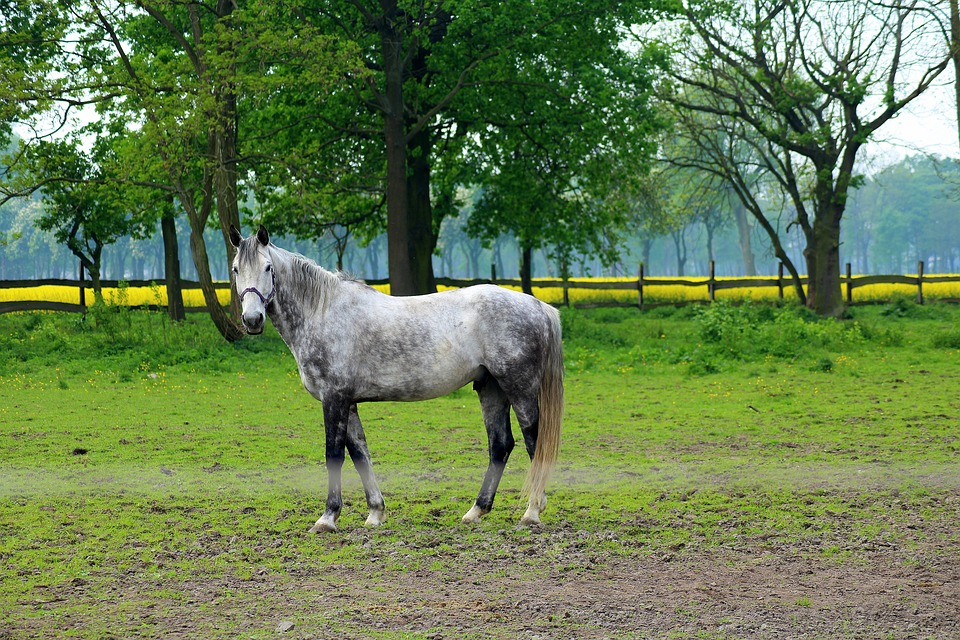The recent ban on the use of elephants, lions, giraffes, and other animals in traveling acts like circuses in Massachusetts marks a significant step towards preventing the mistreatment of animals. Governor Maura Healey signed the bill into law, which will come into effect on January 1, prohibiting the use of certain exotic animals for entertainment purposes in traveling acts such as circuses, carnivals, and fairs. This move is aimed at protecting the welfare of animals that have long been subjected to poor living conditions and stressful environments in the name of entertainment.
The new law, which makes Massachusetts the 11th state to pass restrictions on the use of wild animals in traveling exhibits, has been welcomed by animal rights advocates. The Humane Society of the United States has praised the legislation, emphasizing the need to end the exploitation of animals for entertainment. The ban includes animals like lions, tigers, bears, elephants, giraffes, and primates, while non-exotic animals such as horses, chickens, pigs, and rabbits can still be exhibited.
The enforcement of the prohibition will be overseen by the Massachusetts Division of Fisheries and Wildlife, with civil penalties ranging from $500 to $10,000 per animal for violations. The state Office of Energy and Environmental Affairs, along with state and local law enforcement officers, are authorized to ensure compliance with the new regulations. This move reflects a growing awareness of the ethical concerns surrounding the use of animals in entertainment and the need to protect their well-being.
In recent years, the use of live animal shows has declined, with major events like the Ringling Brothers and Barnum & Bailey circus no longer featuring elephants. The Topsfield Fair and King Richard’s Faire have also discontinued the display of certain animals following public outcry and municipal bans. These changes reflect a shift in societal attitudes towards the treatment of animals and the recognition of their rights to live free from exploitation and abuse.
Advocates for the new law have highlighted the inhumane training methods and living conditions that animals in traveling acts are subjected to, including the use of bullhooks, whips, and electric prods. The tragic death of an elephant named Beulah in 2019, owned by a Connecticut zoo, further underscored the need for stronger protections for animals. The lawsuit filed by the Nonhuman Rights Project sought to move Beulah and two other elephants to a natural habitat sanctuary, arguing for their „personhood“ rights and the right to liberty.
While the zoo owner defended the care provided to the elephants, the case raised important questions about the treatment of animals in captivity and the ethical considerations surrounding their use in entertainment. The new law in Massachusetts represents a significant milestone in the ongoing efforts to safeguard the welfare of animals and promote a more compassionate and ethical approach to their treatment. It sets a precedent for other states to follow suit and prioritize the well-being of animals in all forms of entertainment.





